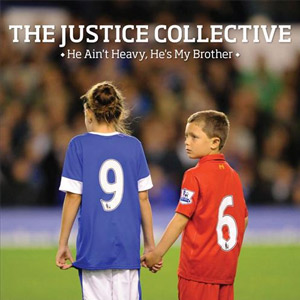 This day – twenty seven years after the event – the second inquest into the Hillsborough disaster – having been convened after the findings of the original inquest were quashed following the report of an independent panel four years ago – finally declared that the ninety six Liverpool Football Club supporters who lost their lives on that terrible day were killed unlawfully.
This day – twenty seven years after the event – the second inquest into the Hillsborough disaster – having been convened after the findings of the original inquest were quashed following the report of an independent panel four years ago – finally declared that the ninety six Liverpool Football Club supporters who lost their lives on that terrible day were killed unlawfully.
Though this is far from the end of the process – the Crown Prosecution Service may now decide to commence criminal proceedings against those deemed to have been culpable – it is to be hoped that the relatives and friends of those whose lives were lost can now finally grieve them properly and that – for their sakes – a line can be drawn. The shameful treatment to which they and others were subjected throughout this outrageous miscarriage of justice must, however, never be forgotten.
It is now clear that terrible mistakes and lapses of judgement were made both on the day and beforehand by those charged with ensuring the safety of the fans attending the FA Cup semi-final between Liverpool and Nottingham Forest that was to be played at Sheffield Wednesday’s Hillsborough stadium.
Terrible as were the events of the day itself, however, what followed was in some ways even more awful. The twenty five year campaign of obfuscation and misinformation that was waged by executives of all of the key agencies – the aim of which was to draw attention away from those actually responsible for the disaster, in large part by pushing the blame on to the supporters themselves – should of itself in any just world give rise to criminal proceedings.
That these attempts at evasion found support through the active or passive collusion of other forces of the ‘establishment’ leaves a stain which may not be removed in our lifetimes. The then Prime Minister Margaret Thatcher’s press secretary – Bernard Ingham – wrote a letter to one of the Hillsborough campaigners in the mid 90s blaming the tragedy on “tanked up yobs“, a slander for which he still refuses to apologise in spite of the new inquest’s complete exoneration of the supporters’ behaviour.
The divisions in English society that have been increasingly actively fostered from the 1980s onward must surely in part be to blame for such reprehensible attitudes. As long as a monied and powerful elite – puffed up with its own sense of entitlement and residing primarily in the south east of the country – determinedly sets itself apart from humbler mortals throughout the rest of the land, the notion that the latter belong to some lesser order that can be traduced as desired will – though unspoken – continue to prevail.
It seems to me inevitable that – unless the growing inequality that blights modern society can be reversed – such travesties on the part of those in authority are likely to continue.

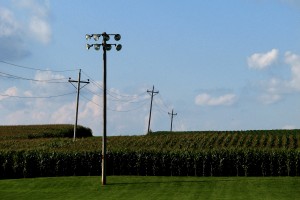
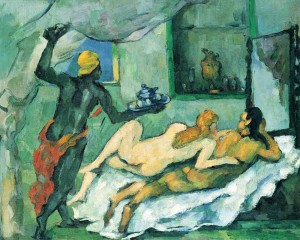
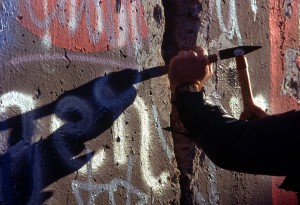
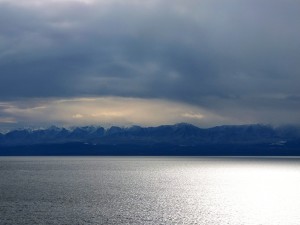






Recent Comments